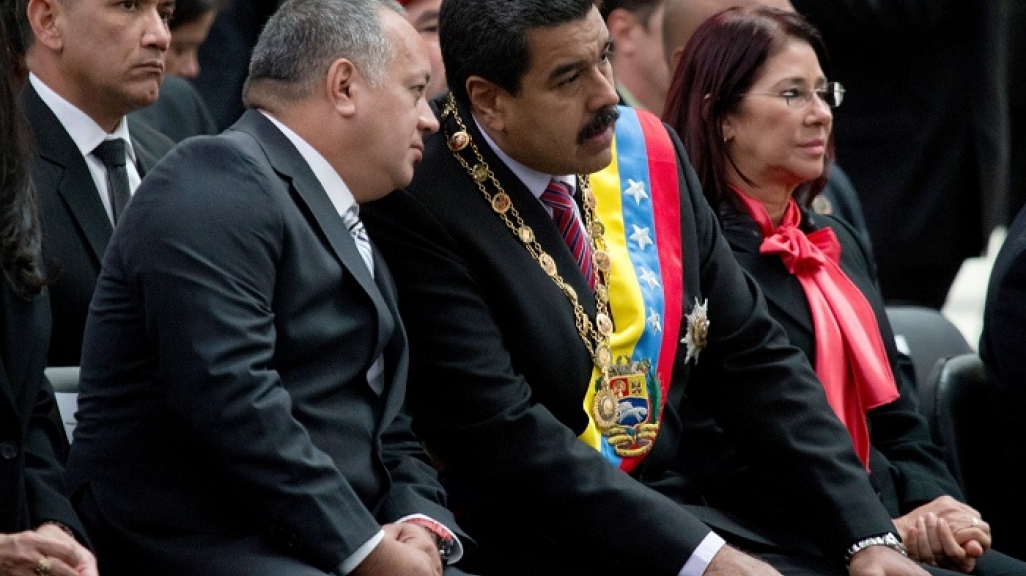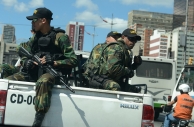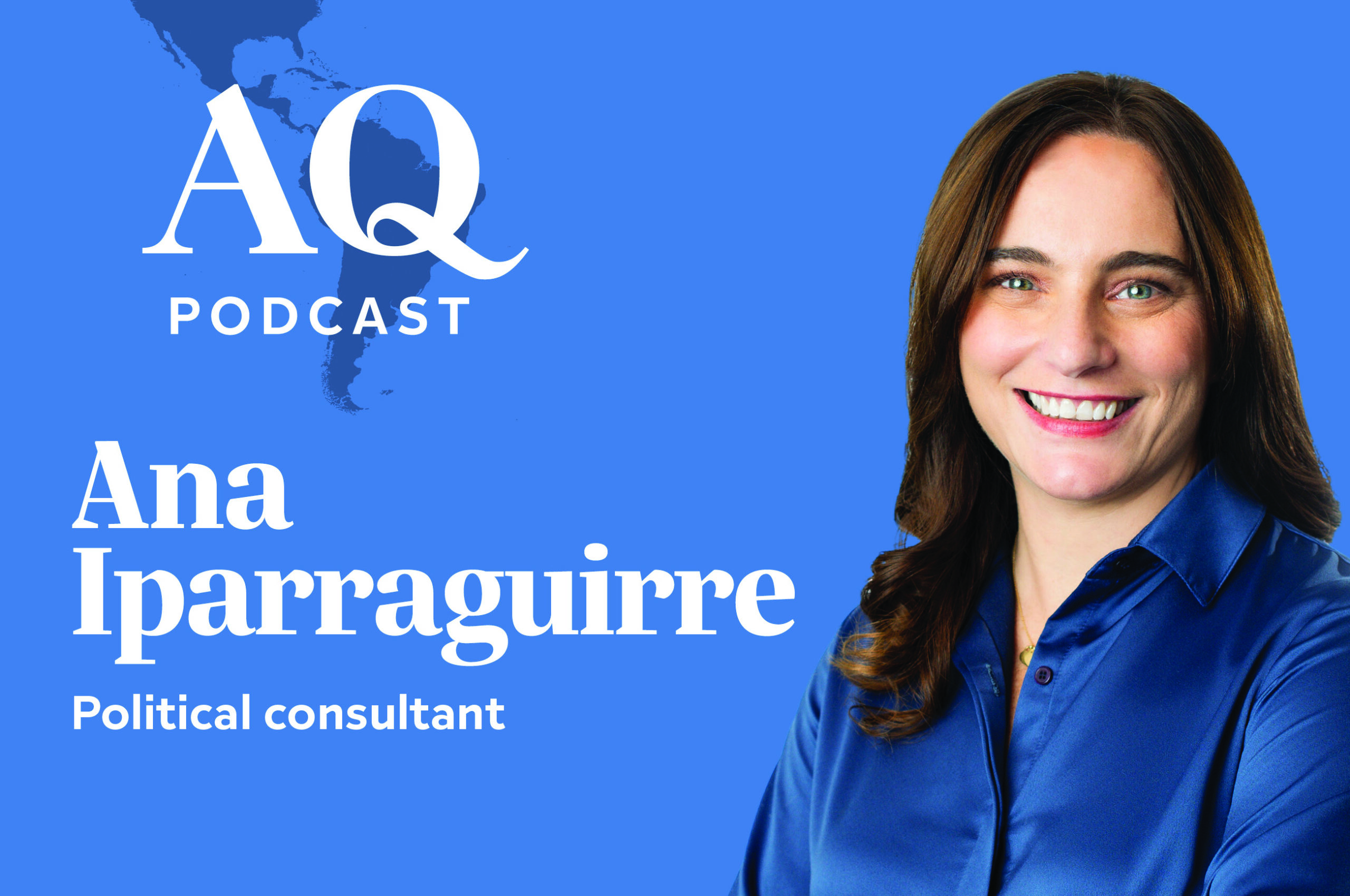Venezuela Update: 10 Ways Maduro Could Leave Office
Venezuela Update: 10 Ways Maduro Could Leave Office
There’s an easy way and a hard way for the Venezuelan president to go—and lots of ways in between.
Nobody expected Nicolás Maduro to last this long. The former bus driver, who first took over as acting president of Venezuela on March 8, 2013, within days of Hugo Chávez's death, has improbably outlasted economic crises, internal revolts, and even a drone attack. Most opposition leaders say there’s little hope of a regular, democratic transition, given the administration’s disregard for constitutional order or rule of law.
Here, we look at all the different ways people have tried to push regime change in Venezuela, as well as the strategies still on the table.
El general retirado Antonio Rivero dice que Venezuela necesita “una acción política de fuerza”, pero sin violencia, para salir de la crisis actual.








